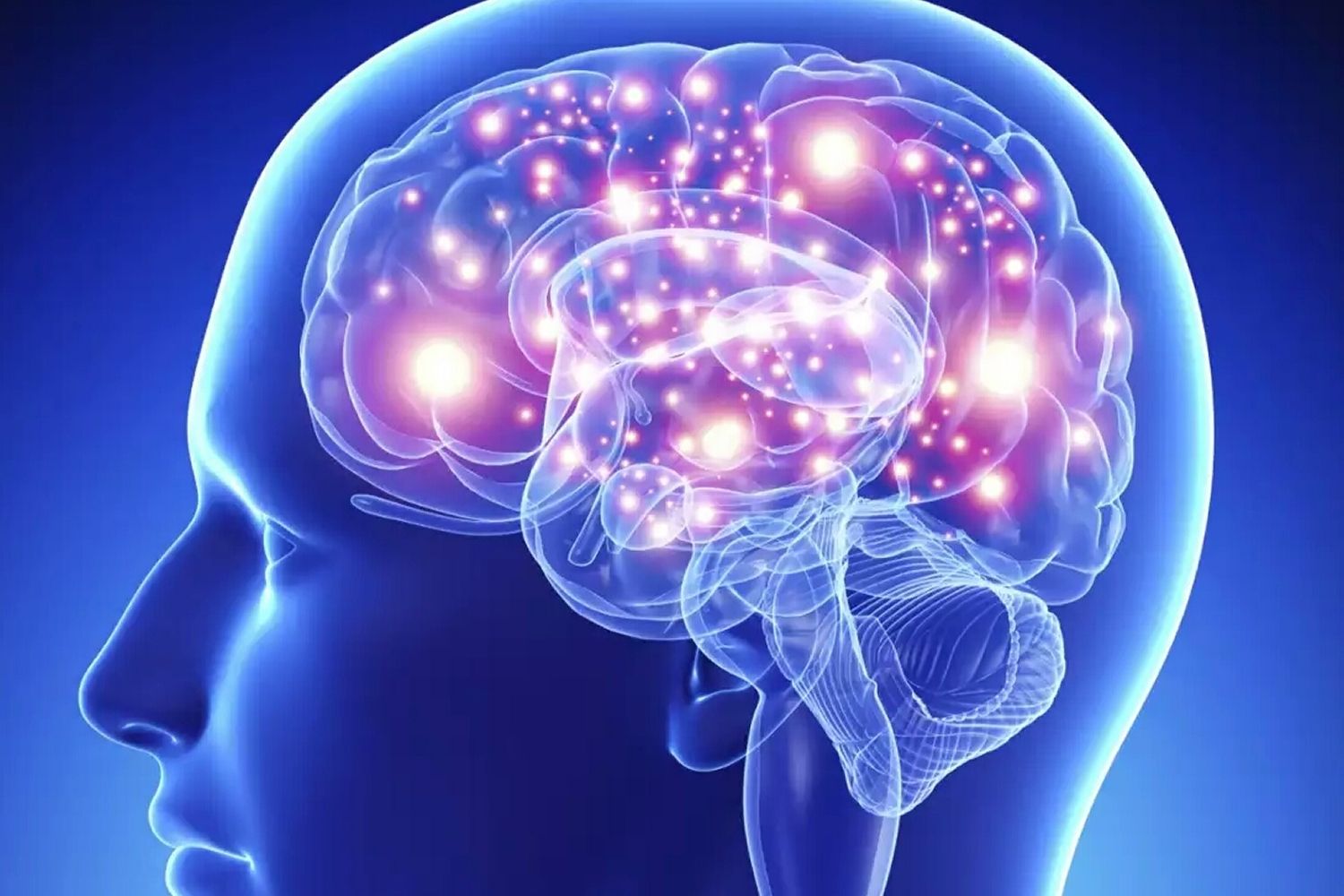
Myoclonus might sound like a complex medical term, but it's simply a fancy word for sudden, involuntary muscle jerks. Ever had a hiccup or felt a twitch in your eye? That's myoclonus in action! These muscle movements can happen for various reasons, from everyday hiccups to more serious conditions like epilepsy. Understanding myoclonus helps in recognizing when these jerks are harmless or when they might signal something more. Whether it's a minor annoyance or a symptom of a bigger issue, knowing the facts about myoclonus can make a big difference. Ready to learn more about these surprising muscle movements? Let's dive in!
Key Takeaways:
- Myoclonus is sudden muscle jerks that can be caused by various factors like stress, medications, or even genetics. Understanding its types and symptoms is crucial for effective management.
- Research on myoclonus is ongoing, offering hope for better treatments in the future. Lifestyle adjustments, support groups, and new medications can help improve the quality of life for those living with myoclonus.
What is Myoclonus?
Myoclonus refers to sudden, involuntary muscle jerks. These movements can be brief and may affect any muscle group. Understanding myoclonus helps in identifying its causes and managing symptoms.
- Myoclonus can occur as a single event or in a series of jerks.
- It can be a symptom of various neurological disorders.
- Myoclonus is often described as a "shock-like" movement.
- It can affect one muscle or a group of muscles.
- Myoclonus can be triggered by sudden noise or light.
Types of Myoclonus
Different types of myoclonus exist, each with unique characteristics. Knowing these types aids in diagnosis and treatment.
- Physiological myoclonus is common and usually harmless.
- Essential myoclonus occurs without any underlying condition.
- Epileptic myoclonus is associated with epilepsy.
- Symptomatic myoclonus results from another medical condition.
- Action myoclonus occurs during voluntary movements.
Causes of Myoclonus
Various factors can lead to myoclonus. Identifying the cause is crucial for effective treatment.
- Myoclonus can be caused by brain or spinal cord injury.
- It may result from metabolic disorders.
- Infections like encephalitis can trigger myoclonus.
- Certain medications can cause myoclonus as a side effect.
- Myoclonus can be hereditary in some cases.
Symptoms of Myoclonus
Recognizing the symptoms of myoclonus helps in early diagnosis and management.
- Sudden, brief muscle jerks are the primary symptom.
- Jerks can occur in one part of the body or multiple areas.
- Myoclonus can interfere with daily activities.
- It may worsen with stress or fatigue.
- Some people experience myoclonus during sleep.
Diagnosing Myoclonus
Accurate diagnosis involves various tests and evaluations. This helps in determining the type and cause of myoclonus.
- Electroencephalography (EEG) measures brain activity.
- Electromyography (EMG) records muscle electrical activity.
- Blood tests can identify metabolic causes.
- Imaging tests like MRI or CT scans may be used.
- Genetic testing can detect hereditary myoclonus.
Treatment Options for Myoclonus
Various treatments can help manage myoclonus. The choice of treatment depends on the underlying cause.
- Medications like clonazepam can reduce symptoms.
- Valproic acid is another common medication.
- Levetiracetam may be prescribed for epileptic myoclonus.
- Botulinum toxin injections can help in some cases.
- Physical therapy improves muscle control and strength.
Living with Myoclonus
Managing myoclonus involves lifestyle adjustments and support. This helps improve quality of life.
- Regular exercise can help manage symptoms.
- Stress management techniques are beneficial.
- Support groups provide emotional support.
- Occupational therapy helps with daily activities.
- Adequate sleep is crucial for managing myoclonus.
Research and Future Directions
Ongoing research aims to improve understanding and treatment of myoclonus. This offers hope for better management in the future.
- New medications are being developed.
- Research on genetic causes is ongoing.
- Studies on brain stimulation techniques are promising.
- Advances in imaging technology aid in better diagnosis.
- Clinical trials are exploring innovative treatments.
Interesting Facts about Myoclonus
Some lesser-known facts about myoclonus can provide a deeper understanding of this condition.
- Myoclonus can occur in healthy individuals, like hiccups.
- It can be a symptom of rare diseases like Creutzfeldt-Jakob disease.
- Myoclonus can sometimes be mistaken for tics.
- It can occur in newborns and infants.
- Myoclonus can affect animals as well as humans.
Myoclonus in Popular Culture
Myoclonus has been depicted in various forms of media. This raises awareness about the condition.
- Some movies feature characters with myoclonus.
- Documentaries have highlighted real-life cases.
- Myoclonus has been discussed in medical TV shows.
- Books on neurological disorders often mention myoclonus.
- Public figures with myoclonus have shared their experiences.
Understanding Myoclonus
Myoclonus, those sudden, involuntary muscle jerks, can be startling but often harmless. They might happen due to various reasons like stress, medications, or underlying medical conditions. Knowing the difference between benign myoclonus and more serious types is crucial. If these jerks start interfering with daily life, seeking medical advice is wise.
Doctors might suggest treatments like medications, lifestyle changes, or even therapy to manage symptoms. Staying informed about triggers and maintaining a healthy lifestyle can help reduce occurrences. Remember, while myoclonus can be a nuisance, understanding it better equips you to handle it.
Stay curious, stay informed, and don't hesitate to reach out to healthcare professionals if needed. Your health matters, and taking proactive steps can make a big difference.
Frequently Asked Questions
Was this page helpful?
Our commitment to delivering trustworthy and engaging content is at the heart of what we do. Each fact on our site is contributed by real users like you, bringing a wealth of diverse insights and information. To ensure the highest standards of accuracy and reliability, our dedicated editors meticulously review each submission. This process guarantees that the facts we share are not only fascinating but also credible. Trust in our commitment to quality and authenticity as you explore and learn with us.
